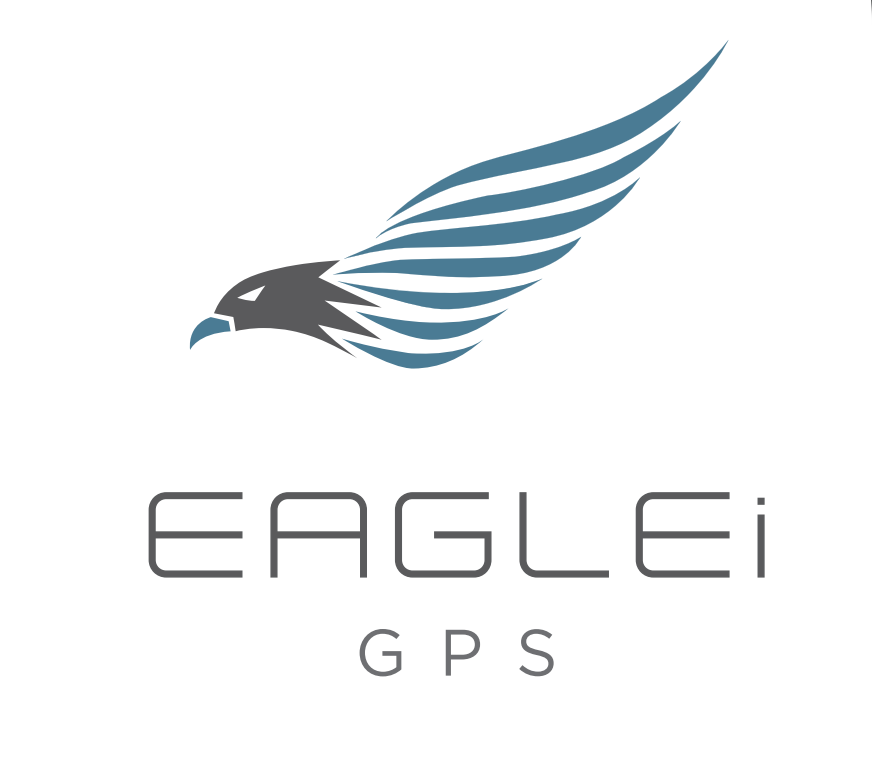7 Significant Issues Enterprise Fleet Managers Need To Solve
Fleet management in enterprises entails numerous issues. Fleet managers, especially in large organizations, must deal with multiple challenges, ranging from managing a fleet located in different geographical regions and cost control to the safety of drivers.
Coping with these challenges effectively is crucial for enhancing operations and competitive advantage. Below is an overview of the top seven issues enterprise fleet managers encounter and ways of dealing with them.
1. Precise and Easy-to-Understand Fleet Reports
Problem
Fleet vehicles produce tremendous information, leaving managers with the tedious task of filtering out valuable information from a vast data collection. This information tracks the fleet’s performance, checks compliance issues, and makes decisions.
Solution
Fleet management software helps develop reports for easy management. Highly developed fleet management systems can filter important data and compile detailed reports on criteria like fuel rate, vehicle usage, and performing drivers, saving time and increasing efficiency. Such systems allow managers to get real-time information, which helps create more effective fleet reports to support overall organizational management.
2. Vehicle Maintenance and Supply Chain Disruption
Problem
A good maintenance plan is required to manage thousands of vehicles as a fleet. Shocks, mechanical wear, and parts that need replacements can significantly affect fleet operations since supply chains might be disrupted. Maintenance issues that are not well attended to will result in extended equipment downtime; leading to more expenses.
Solution
It is crucial to perform preventive maintenance effectively to maintain fleet vehicles in the best state and avoid expensive failures. Advanced telematics and cutting-edge diagnostic tools in fleet management software can notify enterprise fleet managers about the vehicle’s state and when the next service would be required. Preventive maintenance is an effective solution that allows enterprise fleet managers to minimize idle time, increase the service life of vehicles, and remove the adverse effects of supply chain disruptions on the operations of an enterprise.
3. Tracking High-Value Assets
Problem
Corporate fleets usually encompass expensive vehicles, equipment, and other valuable assets used in business operations. Fleet managers may face challenges tracking these valuable assets, especially when the fleet is spread across different regions. In such situations, the consequences of lax asset tracking are loss of funds and operational disruptions due to misuse, loss, or unauthorized access.
Solution
Fleet management systems provide features like real-time identification and tracking of vital assets within fleets. Such systems leverage GPS technology to track assets at all times, alerting managers in cases of prohibited asset use. This information can be used to determine the trends of inappropriate usage and develop the best corrective measures. In summary, effective tracking of fleet assets helps managers increase fleet operational efficiency, minimize or eradicate instances of loss, and generally improve the safety of the entire fleet.
4. Coordinating Fleet Teams Accross Different Regions
Problem
Fleet management in a company operating in different regions or countries can be challenging. As the geographical area of operation expands, passing information to the drivers and managing available resources takes time and effort. Fleets also face challenges such as differences in the laws regulating their operations, time differences, and culture.
Solution
Sophisticated mapping features in fleet management software help managers monitor the entire fleet. Tools like spatial clustering and zooming give managers a detailed view of the fleet with more perspective flexibility. Moreover, using fleet management solutions compatible with multiple languages and time zones will enhance efficient communication, improving fleet management across the respective regions.
5. Controlling Fuel Spend
Problem
Fuel is one of the principal costs in any fleet operation, and the constant instability of fuel prices makes it harder to manage. Other variables that can cause high fuel costs include fuel theft, drivers’ negligence, and regular stalling or idling during route breaks.
Solution
Fuel management is critical to minimizing fuel expenses. Thanks to advanced tracking software, factors like fuel usage and drivers’ behavior can be monitored. Based on such data, managers can inform subordinates of best practices to minimize fuel consumption, like shorter idling times and better routes. Fuel cards also work with tracking systems to curb fuel theft and justify fuel expenses, saving costs and increasing profit margin.
6. Preventing and Handling Incidents through the Use of Video Records
Problem
Large fleets are more prone to accidents or incidents, and establishing the root cause can be quite a job. Without concrete proof, business entities can face many legal issues, increased insurance costs, and risk tarnishing their image.
Solution
Video telematics, dashcams, and AI-supported analysis allow fleet managers to see accidents. These systems capture video images inside and outside the vehicle and help capture essential moments preceding an incident. Drivers can use the data collected to clear their names, reduce accidents, and resolve such issues quickly. Also, driver training programs could be enhanced through collected videos since they show risky behaviors and foster safer driving.
7. Implementing Safety Ideologies in Fleet Administration
Problem
Enterprise fleet managers prioritize driver and vehicle safety. However, implementing a safety culture requires everyone’s participation, which could be difficult if drivers are employed in different centers nationwide and supervision is limited.
Solution
Telematics and fleet management software help create and support a safety culture. It allows managers to monitor real-time driver behaviors such as speeding, harsh braking and distracted driving. From that information, individually targeted training programs can be developed, and benchmarks for safety performance can be set. Further, real-time audio alerts could be issued to drivers to take immediate corrective actions for their unsafe behaviors. By fostering a proactive approach to safety, enterprise fleets can reduce accidents, protect their drivers, and enhance overall fleet performance.
Conclusion
Enterprise fleet managers face many challenges, from the volumes of data they must manage to the core of safe and efficient operations. Powerful enterprise fleet management software can come into play if and when appropriately applied, helping managers mitigate these issues and drive their fleets toward success. Given the industry’s dynamism, staying ahead of these challenges would help assure competitive sustainability in the market.
References
- Automotive Fleet: Telematics and Fleet Management: how telematics can improve driver safety
- National Highway Traffic Safety Administration (NHTSA): Preventive Maintenance in Fleet Management: the importance of preventive maintenance for fleet safety and efficiency
Digital Trends: GPS Asset Tracking Benefits: the benefits of GPS tracking for assets






